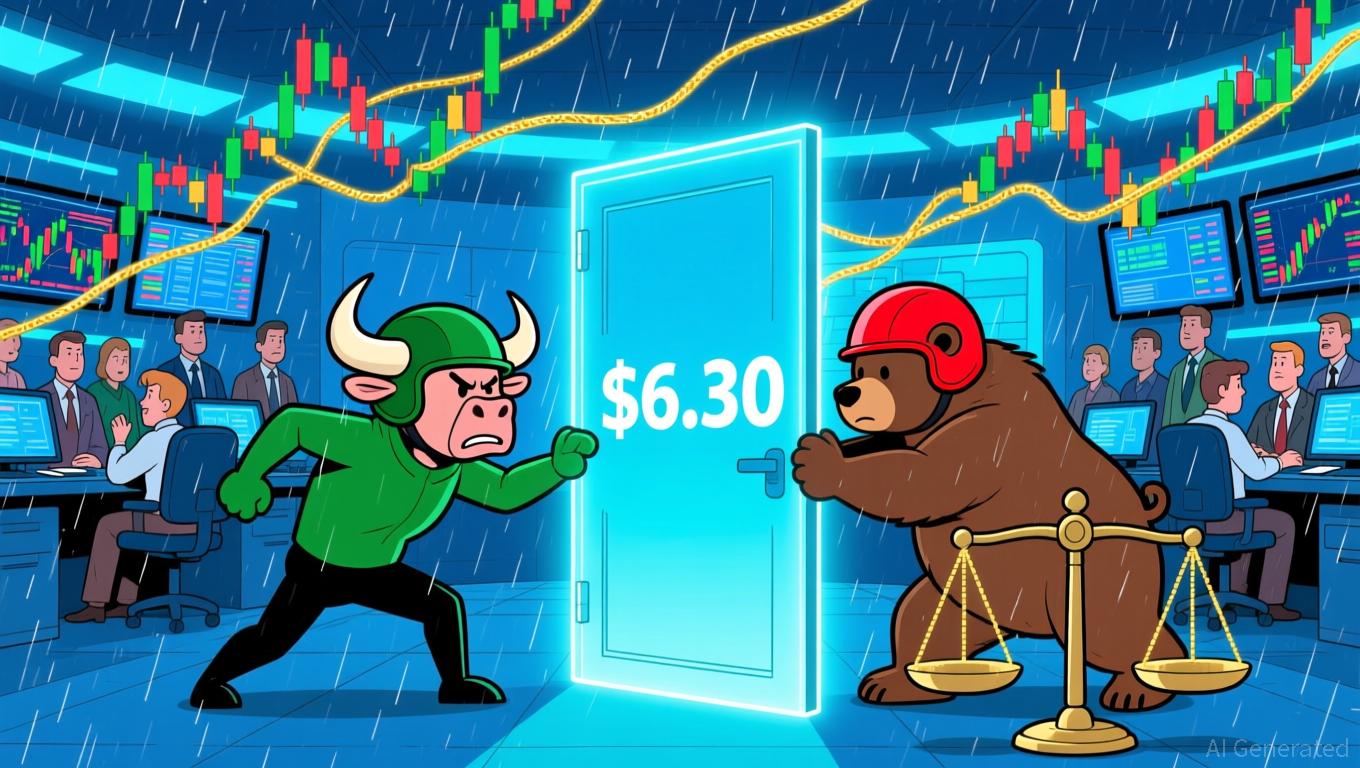Canadian Advertisement Exploits Reagan’s Reputation, Trump Terminates Trade Negotiations
- Trump terminated U.S.-Canada trade talks after accusing Canada of "fraudulently" using a Reagan-era ad to challenge his tariffs. - Ontario's $75M ad campaign, featuring Reagan's 1987 anti-tariff speech, sparked backlash and escalated tensions over U.S. tariffs harming Canada's auto sector. - Supreme Court will rule on November 5 whether Trump's emergency powers justify unilateral tariffs, with lower courts previously deeming them unlawful. - Canada paused the ad campaign to resume negotiations, but Trump
On October 24, 2025, President Donald Trump suddenly called off all trade discussions with Canada, accusing the Canadian government of "fraudulently" utilizing a television commercial featuring former U.S. President Ronald Reagan to criticize his tariffs and sway an upcoming Supreme Court decision regarding their legality. The commercial, created by Ontario Premier Doug Ford’s provincial administration, was broadcast on U.S. networks and included Reagan’s 1987 radio remarks against tariffs. Ford stated on Friday that he would
Trump’s move to halt negotiations heightened the strain between the two countries, which have been contending with significant U.S. tariffs on Canadian steel, aluminum, automobiles, and lumber since 2024. Trump has justified these tariffs as
The conflict revolves around an advertisement for which Ontario spent 75 million Canadian dollars (about US$54 million) to air in 198 U.S. media markets, using Reagan’s 1987 address to argue against trade barriers. The Ronald Reagan Presidential Foundation and Institute criticized the commercial as a "distortion" of Reagan’s intent, alleging that Ontario used the speech without authorization and edited it to suit a "pro-free trade agenda," the
Ford, a right-leaning populist and opponent of Carney’s Liberal Party, maintained that the ad was a legitimate attempt to promote pro-trade messaging to Americans. He argued that Reagan’s opposition to tariffs supported Canada’s position and that the campaign had already succeeded in igniting a national debate about tariffs, according to PBS. Nonetheless, the backlash led Trump to accuse Canada of "playing games" and to threaten additional economic measures, including the potential expansion of tariffs to other industries.
The U.S. Supreme Court is scheduled to hear arguments on November 5 in a pivotal case that will determine whether the president can impose tariffs independently under emergency powers, bypassing Congress. Trump has pledged to attend the hearing, calling it "one of the most significant cases we’ve ever faced." Legal challenges to his tariffs have thus far been upheld in lower courts, which found that their implementation under the International Emergency Economic Powers Act (IEEPA) was unlawful, according to case reports.
Meanwhile, Carney’s administration has worked to lessen the impact of Trump’s tariffs by pursuing targeted agreements and reversing retaliatory actions taken by former Prime Minister Justin Trudeau. Ontario’s move to pause the ad campaign comes after months of intensifying rhetoric, including Ford’s 2024 decision to impose a 25% surcharge on electricity exports to the U.S., which led Trump to double tariffs on steel and aluminum, as reported by
As both countries deal with the aftermath, experts caution that Trump’s uncompromising trade strategy has exposed Canada’s economy to greater risk. Although over 85% of cross-border trade remains duty-free under the USMCA, recent instability has forced Canadian companies to diversify their supply chains and explore new markets, according to
Disclaimer: The content of this article solely reflects the author's opinion and does not represent the platform in any capacity. This article is not intended to serve as a reference for making investment decisions.
You may also like
Ethereum Updates Today: BitMine's Pursuit of Ethereum 'Alchemy': 3% Ownership Targeting 5% Milestone
- BitMine acquires 3.63M ETH (3% supply), advancing its "Alchemy of 5%" goal to control 5% of Ethereum's network. - Aggressive buying positions BitMine as second-largest crypto treasury globally, with staking via MAVAN stabilizing its balance sheet. - Upcoming Fusako upgrade (Dec 3) aims to boost staking efficiency, but market remains fragile with $3,000 resistance and $2,850 support critical. - Institutional caution grows as Ethereum ETFs see $500M outflows, while analysts question BitMine's $2,840 averag

INJ at $6.30: Holding Firm in a Downtrend or Poised for a Bullish Breakout

DeFi Faces a Trust Challenge: Balancer Recovers $8 Million Following $128 Million Hack
- Balancer proposes $8M repayment plan after $128M exploit, returning funds to liquidity providers via pro-rata in-kind distribution. - Whitehat actors receive 10% bounties in rescued tokens; non-socialized model ensures pool-specific funds go only to affected LPs. - Exploit exposed systemic risks in DeFi's composable pools, with attackers exploiting rounding errors despite 11 prior audits by four firms. - Governance vote will finalize distribution framework, with claim interface enabling 90-180 day token

AI-driven SaaS Revolution: PetVivo Reduces Expenses by 50-90%, C3.ai Collaborates with Microsoft
- PetVivo.ai cuts veterinary client acquisition costs by 50-90% using AI agents, achieving $42.53 per client vs. $80-$400 industry norms. - C3.ai's Microsoft partnership boosts stock 35% as Azure integration enables enterprise AI scalability through unified data operations. - AI-driven SaaS models like PetVivo's $3/lead platform and C3.ai's 19-27% revenue growth highlight AI's disruptive potential in traditional industries. - Both companies face challenges scaling beta results and converting pilots to long